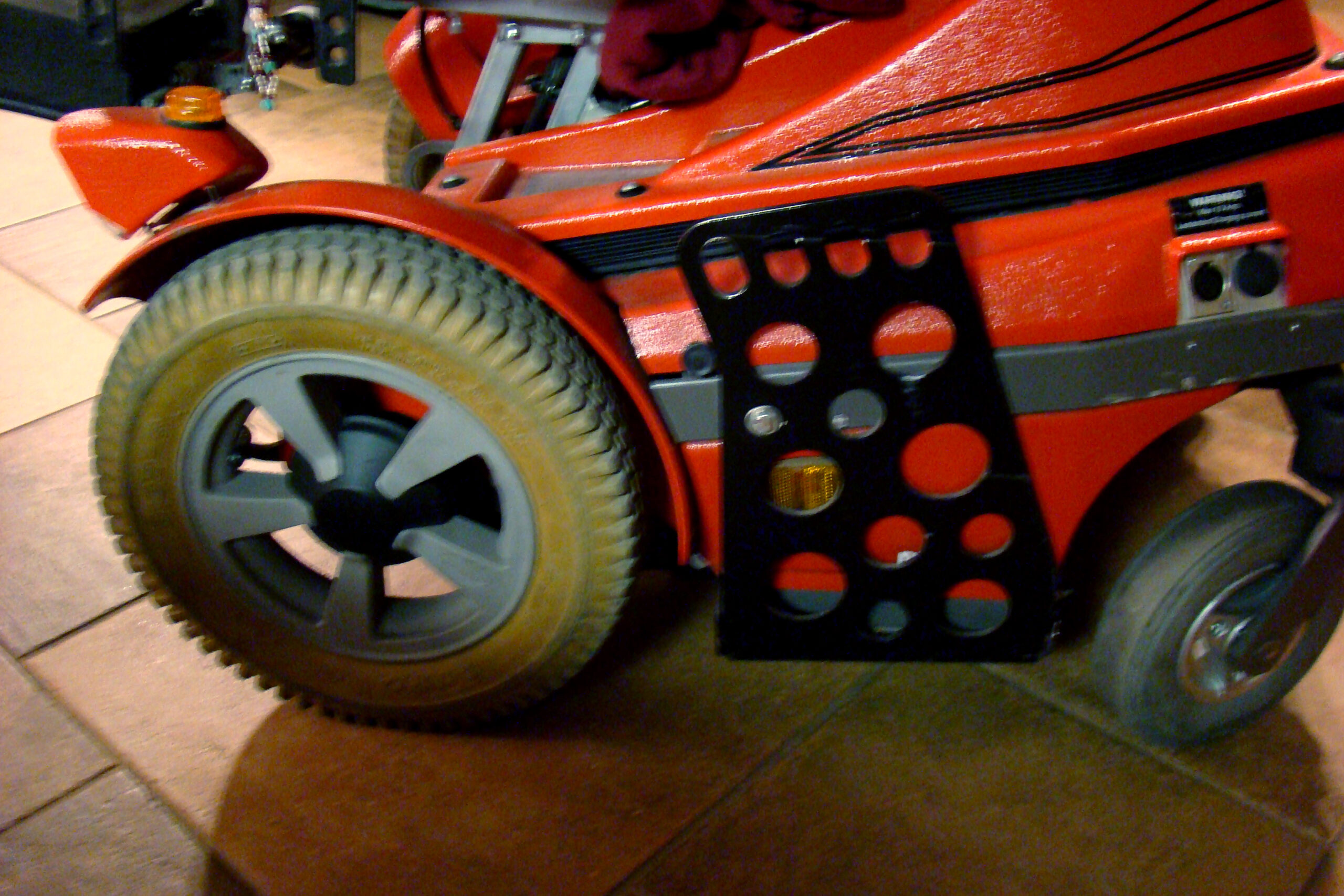As a disabled artist living with Osteogenesis Imperfecta (OI)—also known as Brittle Bone Disease—I’ve encountered my fair share of awkward interactions. While most people mean well, some just don’t know how to act around a wheelchair user. Over the years, I’ve collected a handful of helpful etiquette tips that can make everyday encounters more respectful, comfortable, and enlightening for everyone involved.
1. Don’t Assume Intellectual Disability Because of a Wheelchair
My wheelchair is a symbol of limited mobility—not limited awareness. There are countless wheelchair users out there who are fully aware of what’s going on around them. Speaking slowly or loudly to me just because I’m in a wheelchair can come across as patronizing.
2. Most Wheelchair Users Aren’t Deaf
Shouting or over-enunciating can be off-putting. While some of us do experience hearing loss, it’s rarely severe enough to warrant being treated like we can’t hear at all. If you’re unsure, just use your normal speaking voice, and we’ll let you know if we need clarification.
3. Never Lean on Someone’s Chair
A wheelchair is an extension of a person’s body—like an extra pair of legs. Leaning on it is akin to leaning on someone’s shoulder without permission. It’s invasive and can throw off our balance or sense of personal space.
4. Hands Off the Wheelchair Controls
Unless you have explicit consent, do not attempt to move a wheelchair while someone’s in it (or even when it’s unoccupied, for that matter). For those of us with Brittle Bone Disease, a sudden, unplanned move can lead to fractures and pain. Plus, driving an electric chair requires skill and practice—running over your own foot is more common than you’d think!
5. Squatting Can Be Awkward
Yes, you may think squatting down to talk to me is respectful, but I’m used to looking up at people. Suddenly craning my neck downward feels strange—and can even be physically uncomfortable. The gesture usually comes from a kind place, but it can also feel condescending. When in doubt, ask what’s most comfortable.
6. Avoid Making Medical Assumptions
Medical professionals often think they know everything about Osteogenesis Imperfecta just because they covered a paragraph on it in nursing or med school. The reality is, every individual’s experience with OI is unique. What works for me might not be standard medical protocol. If you’re a doctor or nurse, don’t assume I handle fractures the way textbooks say I should—I’ve likely developed a system that works best for me.
7. Don’t Stare at People in Wheelchairs
Adults should know better than to gawk at someone in a wheelchair, yet it happens all the time. Kids stare too, but that’s often from curiosity rather than rudeness. If you’re a parent and your child is staring, consider using it as a teachable moment. Let them ask questions if appropriate; many of us are open to explaining our disability journey and the reason we use a wheelchair.
8. Lifting the Wheelchair Isn’t Always Safe
When confronted with a step or inaccessible area, people often suggest picking up my chair—sometimes with me in it. This 400-pound piece of equipment is not only heavy but extremely costly. Offering to heave it up the stairs may come from a place of kindness, but it’s risky and can lead to damage or injuries. Look for ramps or accessible pathways instead.
9. Tired Jokes Aren’t Cute
“You’re speeding!” or “Better watch out or you’ll get a ticket!” might feel playful, but we’ve heard these jokes a million times. They don’t usually land the way you hope. If you’re looking to break the ice, a simple greeting is more effective.
10. Ask Questions—Politely
Curiosity is natural. Many of us with Osteogenesis Imperfecta welcome genuine questions about our disability, our chair, or our experiences—especially if they help clear up misconceptions. Asking respectfully opens the door for meaningful conversation. Personally, I’d rather someone ask about my condition or my life as a disabled artist than assume the wrong thing.
Conclusion
Living with Brittle Bone Disease isn’t always easy, but awareness and understanding can make daily life a bit smoother for everyone. Consider these tips next time you meet someone using a wheelchair. Approach with an open mind, kindness, and maybe even a hint of curiosity—because behind every chair is a unique story, often filled with motivation, resilience, and yes, a knack for art and creativity.

